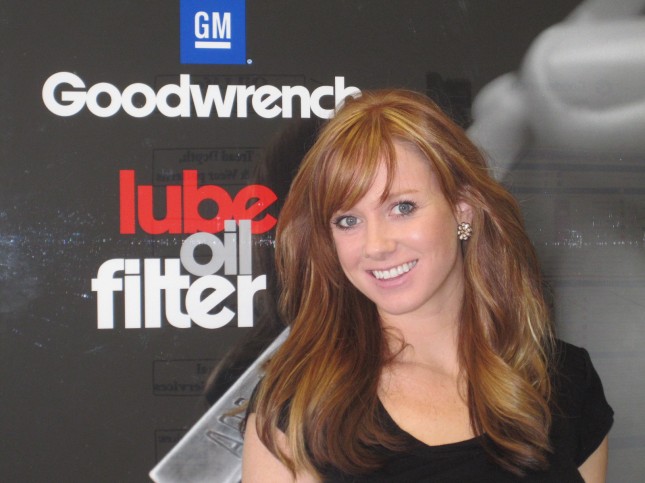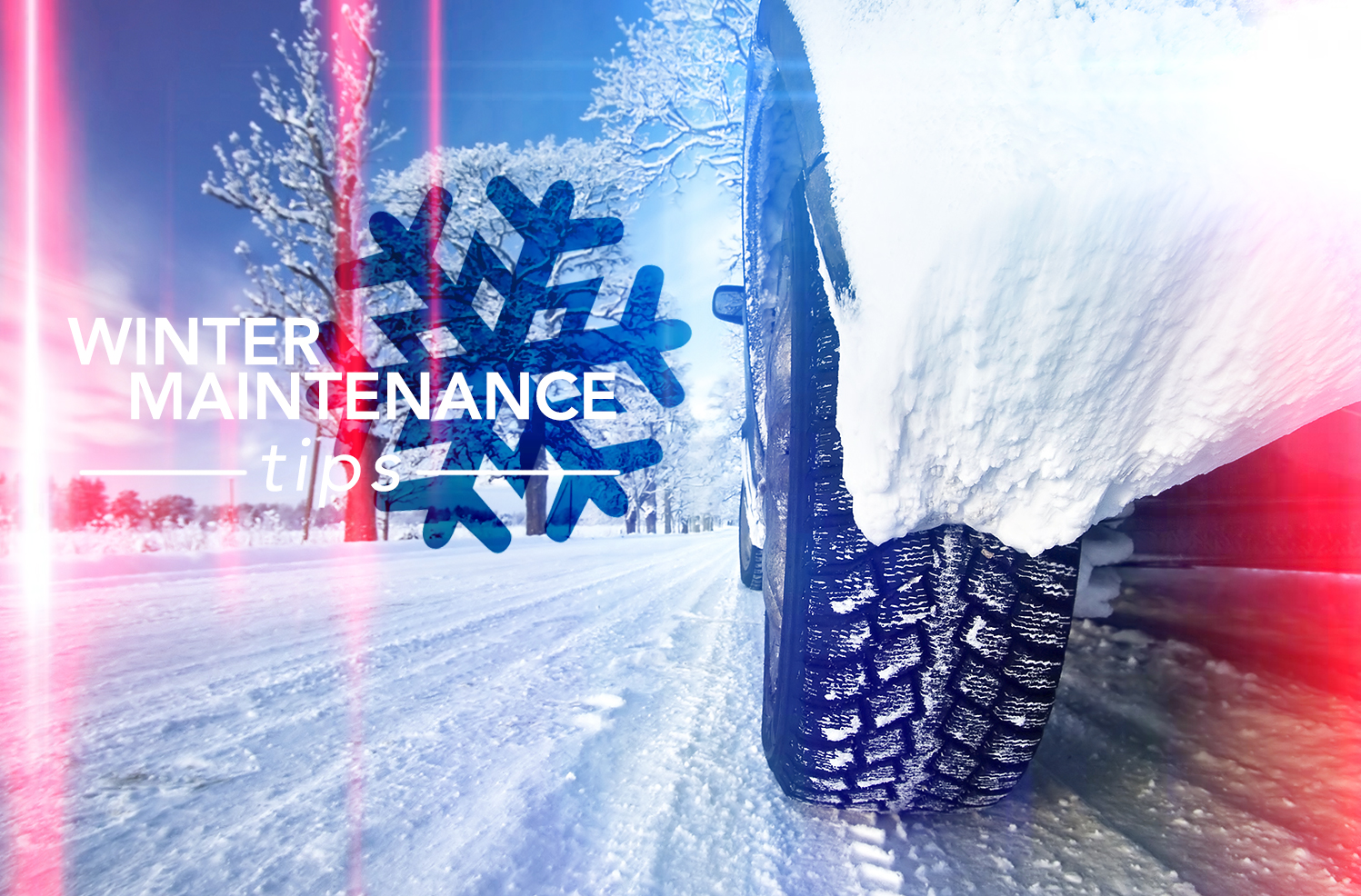First of all—do you even know what a transmission flush is? The importance of this service often goes unnoticed or underrated, but it can prove to be very important to the maintenance, health, and performance of your car! If done correctly, it is a superb preventative measure for more serious issues that could arise in your vehicle later on.
A transmission flush is a procedure used to remove debris and sludge found in your transmission, replacing the used oil with clean and fresh oil. Specifically, the oil in your transmission is removed, new oil (or sometimes cleaning solutions) are then run (flushed) through it with a professional grade machine to push out grit, grime, and gunk residue that can build up over time. Then, your transmission is filled up with new oil, and you’re 100% clean! Sound simple? It can be, but it is important to make sure that this procedure is done correctly for your car.
Sometimes transmission flushes can cause more harm than good. Typically, it is important to get your transmission serviced every 30,000 to 45,000 miles (depending on your workload and type of fluid used.) But, if your vehicle has not been serviced in these intervals, or your service history is unknown, flushing could dislodge debris elsewhere in the fluid and cause more damage/increase the deterioration rate of your transmission. So for these reasons, you want to ensure that you are having the transmission fluid checked by a reputable and reliable source. But, if done right and regularly, transmission flushes help to prolong the overall life of your transmission, and are more in depth and beneficial than just a flush change.
Here are some signs that you might need a transmission flush:
- You hear strange noises coming from your car. If you hear grinding like noises, get your transmission checked.
- You are checking your transmission fluid, and it is brown or black. *ALERT* Your transmission fluid should be bright red, so this is a red flag that you could need this serviced.
- You are having shifting troubles. A dirty transmission can cause shifting issues and concerns, so a flush can keep your transmission running smoothly.
- You’re gear slipping. Clean transmissions apply pressure to keep shifting properly, so a dirty one can impede the flow of fluid needed for this pressure, causing slipping. Gears need a clean and consistent flow to operate smoothly.
- Your car is surging forward or falling back unexpectedly. Observe your RPM and see if it is consistent. Dirty transmission fluid contains buildup that can cause inconsistent handling of your car. It might definitely be time for a transmission flush if you notice surges or inconsistency!
- Your car stalls or delays when put into gear. Especially if you drive automatic, your vehicle should be able to move along as soon as it’s put into gear. If it stalls or delays, this can be a sign you have a serious transmission problem.
Look out for all of the above signs in your own vehicle. If you notice any of these happening, go in for a maintenance check and have them specifically check your transmission! More often than not, these are signs leading to transmission issues, but there still could be other causes—so it’s best to have it checked just to make sure. A transmission flush is not the answer for everyone, but it is important to be informed on and aware of if the need ever arises! If you are considering having one done, examine your owner’s manual first, and make sure it is something recommended for your specific make and model. A typical price range for having a transmission flush performed can range anywhere from $100 to $300, so it is not something to take lightly. It has many more factors than regular services, and you can usually expect to pay twice as much as a fluid change, due to the additional fluid required to completely service your transmission.
Don’t let this scare you though! This procedure can be an easy and low cost maintenance option for your car when performed correctly. It also gives you peace of mind knowing the internal health of your vehicle is running smoothly, and can prevent and save you costly damages over time.





No Comments